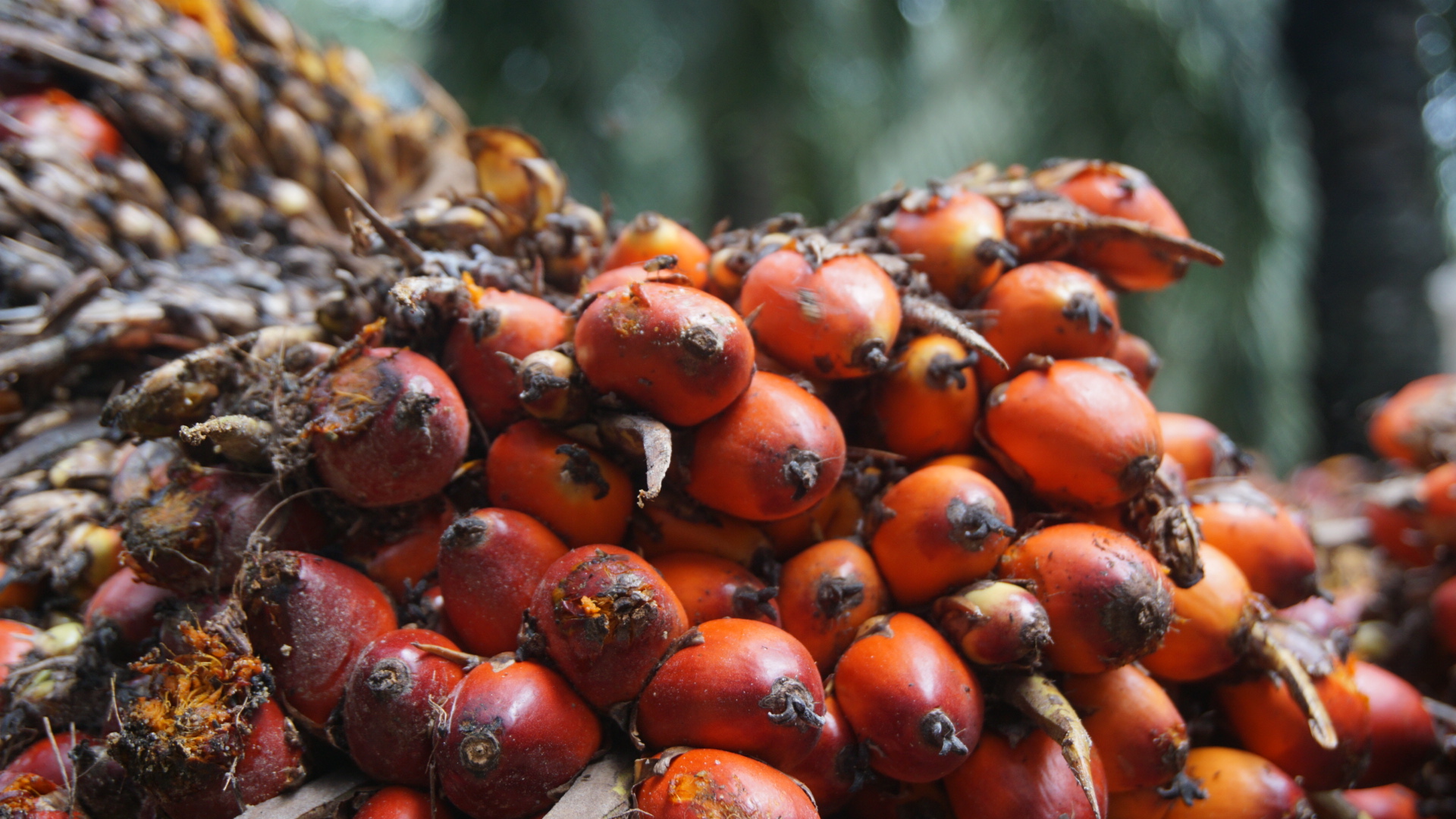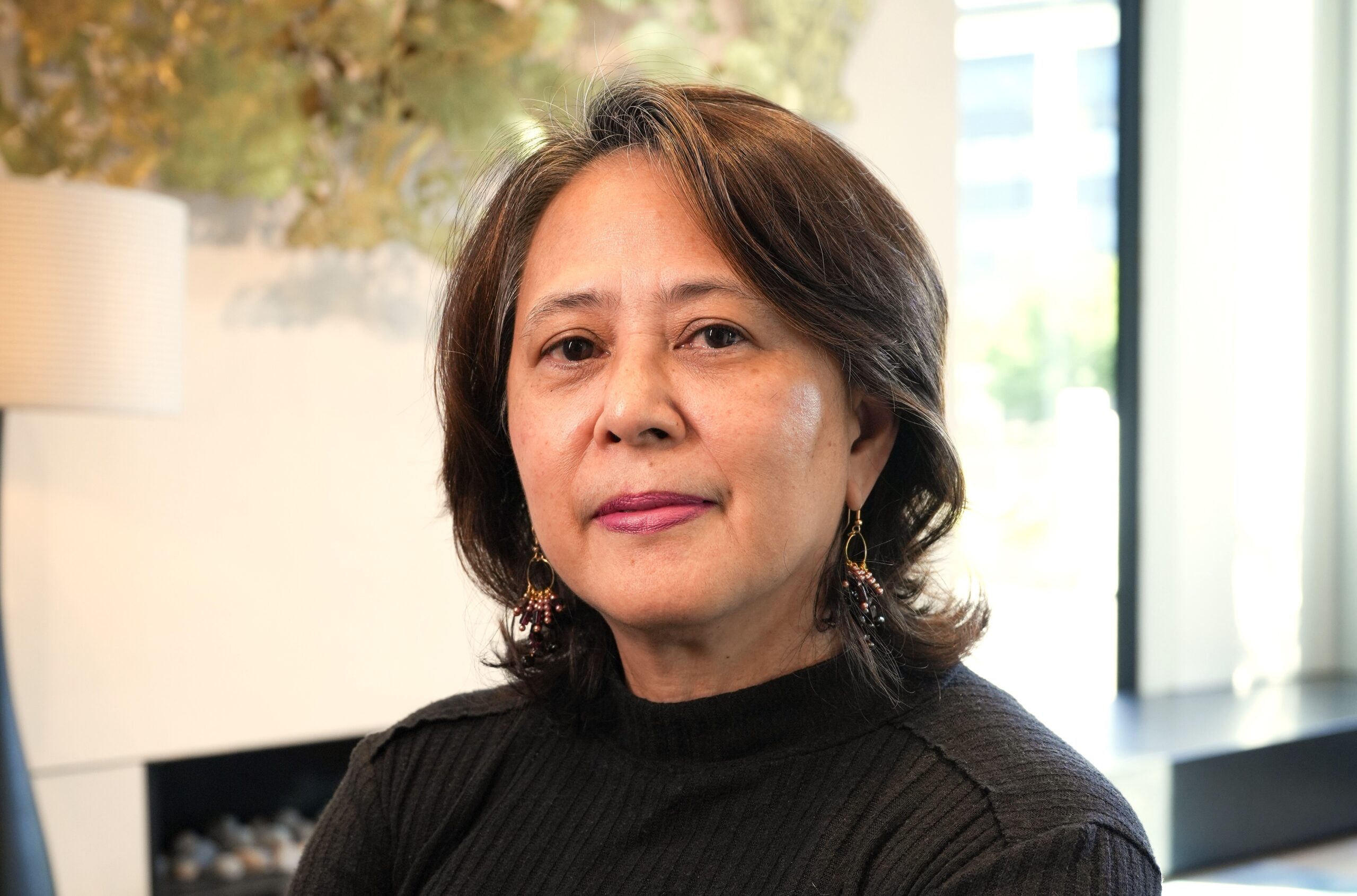With the RSPO RT in Kuala Lumpur this week, DIWA’s Melissa Villanueva reached out to Dillon Sarim, to get his views on the intersection of environmental issues and human rights in the palm oil industry. Dillon is a Program Manager with DIWA, with years of experience in both environmental sustainability and human rights work, in standards setting and implementation, as well as landscape approaches.
Melissa Villanueva: Having worked extensively on the environmental dimensions of palm oil sustainability, what key lessons or overlaps have you observed between environmental issues and the protection of human rights within palm oil supply chains?
Dillon Sarim: One of the most striking lessons is how deeply intertwined ecological degradation and human rights violations often are. Deforestation, for example, is a biodiversity issue – but also linked to land tenure conflicts, displacement of Indigenous communities, and loss of livelihood for smallholders. Similarly, poor water management directly impacts worker health and community access to water.
What’s become clearer to me is that environmental harm rarely occurs in isolation. It tends to reflect broader governance gaps and lack of meaningful stakeholder engagement — both of which also undermine labor rights and community protections.
Personally, I see community rights as the most immediate and tangible link between environmental and human rights concerns in the palm oil supply chain. And as someone who champions landscape approaches, I believe these challenges are best tackled through integrated governance systems — ones that center local voices.
MV: In your current role, implementing programs on human rights, what challenges do you face in helping companies translate high-level sustainability commitments into concrete, rights-based practices on the ground?
DS: You’re right. In my current role, one of the core challenges is bridging the gap between company pledges and the realities on the ground. Many companies now reference international frameworks or the RSPO standards for example—but policies alone are not enough. Sustained engagement is required, including understanding the context in order to build capacity in a way that actually changes relationships on the ground.
MV: What does this look like for you, how do you translate sustainability or rights-based concepts and make them more tangible or actionable?
DS: Well, some recurring issues would be related to, for example, having a policy on paper that is not intentionally implemented. For example, companies will have a grievance policy because it is required for their compliance to the standard, but without trust-building, or due to language barriers, or because the management itself does not know how they should respond to grievances, these policies are not actually enabling workers to have a voice. In fact, workers may not feel safe to speak up at all.
At DIWA, our approach emphasizes participatory training, continuous feedback loops, and scenario-based learning – helping companies move beyond surface-level compliance toward meaningful, rights-based change.
Ultimately, policy implementation without intention is just compliance on paper. The goal is meaningful compliance – not only to satisfy stakeholders or buyers, but to demonstrate that worker voice, for example, actually matters to the company itself.
MV: Looking ahead, what do you see as the most critical opportunities for aligning environmental sustainability initiatives with human rights due diligence in the palm oil sector?
DS: First off, I feel alignment between environmental sustainability and human rights can be anchored in strong supplier management and system improvements. For brands, supplier engagement is still the foundation. Robust supplier management systems that integrate environmental and social performance are essential. This means moving beyond compliance checklists toward proactive capacity-building, ensuring suppliers understand and implement standards that protect forests and uphold human rights.
For suppliers, this means real systems improvement planning that can tackle persistent challenges. One supplier’s priority issues may be different from the other. Say it is grievance channels, or recruitment, or deforestation related issues; in any case, these all need to be identified and the plan to address the issues should be responsive, transparent, and capable of driving sustained improvement.
The sector’s credibility depends on demonstrating that sustainability isn’t just about forests and carbon — it’s about people, dignity, and shared responsibility throughout the supply chain. That calls for moving toward integrated, intentional systems that reflect both ecological balance and human rights protection.
Please reach out to our teams for more on supplier engagement and systems improvement planning in palm oil and other supply chains.

